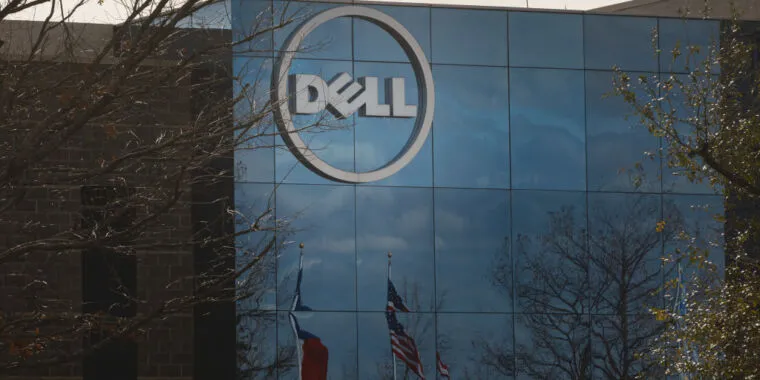Big tech companies are still trying to rally workers back into physical offices, and many workers are still not having it. Based on a recent report, computer-maker Dell has stumbled even more than most.
Dell announced a new return-to-office initiative earlier this year. In the new plan, workers had to classify themselves as remote or hybrid.
Those who classified themselves as hybrid are subject to a tracking system that ensures they are in a physical office 39 days a quarter, which works out to close to three days per work week.
Alternatively, by classifying themselves as remote, workers agree they can no longer be promoted or hired into new roles within the company.
Business Insider claims it has seen internal Dell tracking data that reveals nearly 50 percent of the workforce opted to accept the consequences of staying remote, undermining Dell’s plan to restore its in-office culture.



Atlassian have proven (along with a load of other companies and academic studies) that forcing people to work in an office is an anchor on productivity.
CEOs that are forcing their employees to come back into the office are willfully pissing away productivity.
That is arguably negligent from an investment perspective
Edit: fixed the link
Its got nothing to do with this.
Dell are struggling financially, this is a great method to reduce workforce size with minimal cost.
And I’m highlighting that it’s short-termist and self defeating
Companies like atlassian do what they can to make sure they don’t lose their best talent, what I linked is documented proof of that working.
Dell are trying to reduce costs by reducing the reasons an employee would want to stay.
Do you think they’re gonna lose the employees they would choose to?
No, they’re going to lose their best.
It’s pissing away productivity for no tangible benefit and doing so in a pretty permanent way—who is going to work for a company with that reputation?
It’s not just them nailing themselves into a coffin, it’s basically them pointing the nail gun at their face.
Exactly. Employees are not cookie cutter duplicates. The more productive ones always have more options, even when you treat them all the same. This is worse for the company than firing people randomly.
Productivity is for companies who want substance.
We only want continuous stock price increases regardless of how much it rots a company from the inside out.
That’s for someone else to carry about after I’m gone.
Define “struggling”
Your existence
has nothing to do with Dell’s financials
I suspect that this has nothing to do with productivity for most companies. I’m not smart enough or really concerned enough with why CEOs are massive assholes to look into this - but I figured it has to do with other stuff like property.
If you own a building and rent out space to cafes and gyms or you charge for parking etc there’s a lot of incentives to get your little cash cows back in the building.
For my company, food is free as is the parking. But basically the same concept: all that food is being prepared and being wasted (donated).
They tried to justify that coming into the office is paying the salaries of the custodians, cafeteria workers, etc.
Right but the company that owns them likely owns the property or is its self owned by another company that also owns a company that owns the properties these people work in so it’s super important for their overall profits to keep these buildings filled.